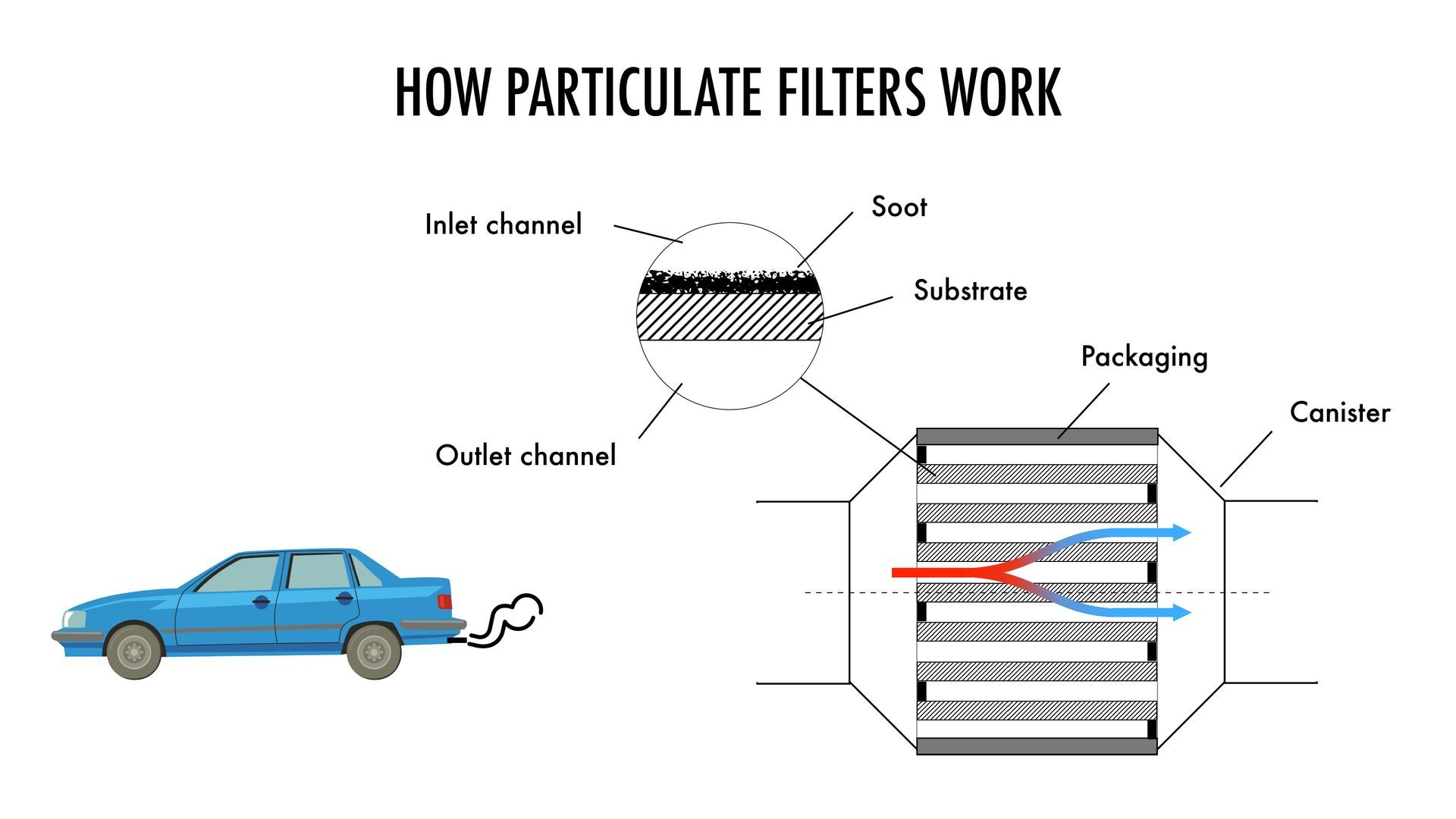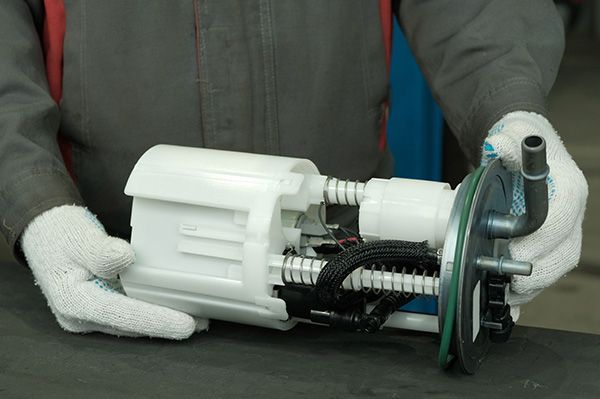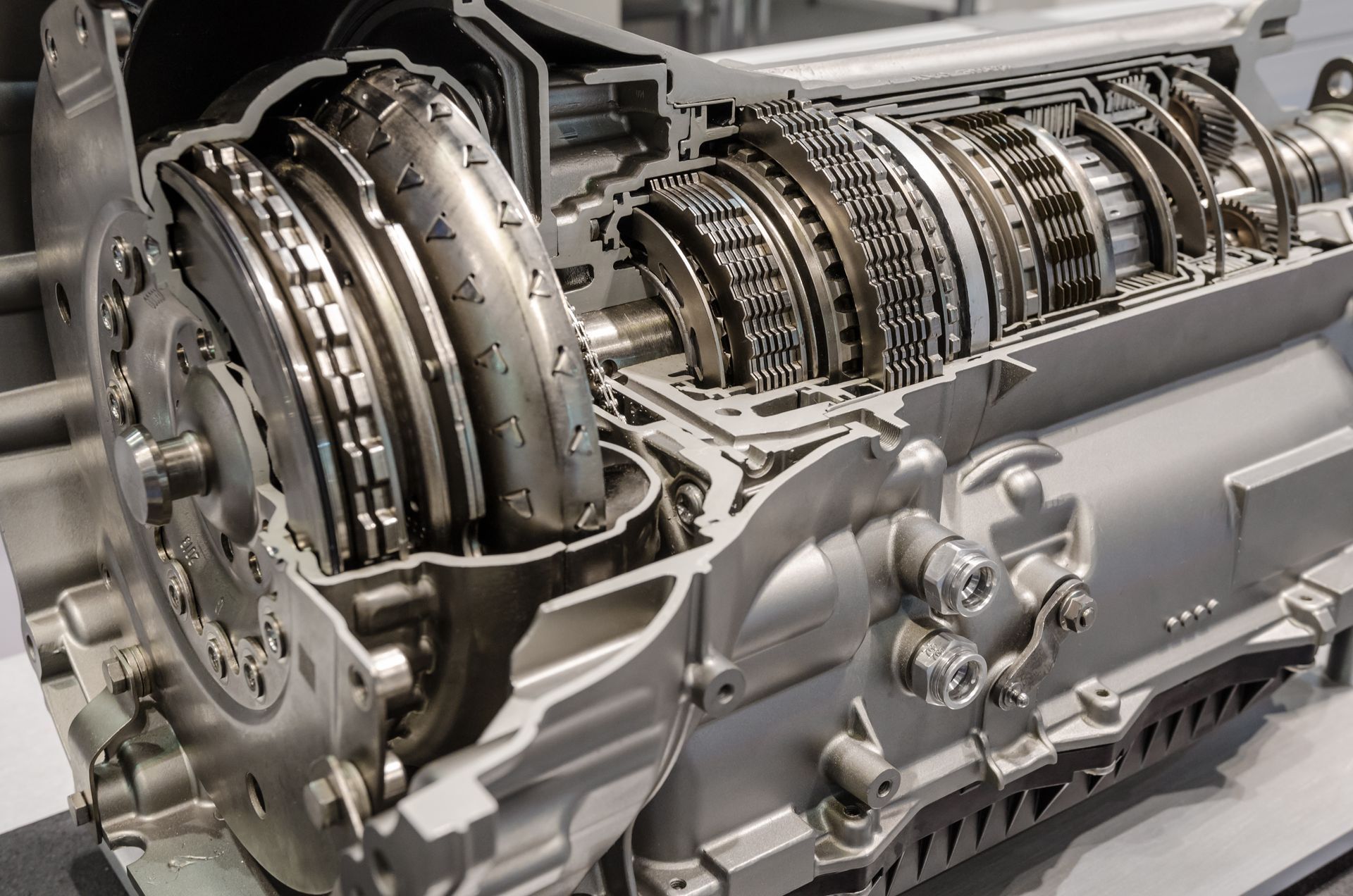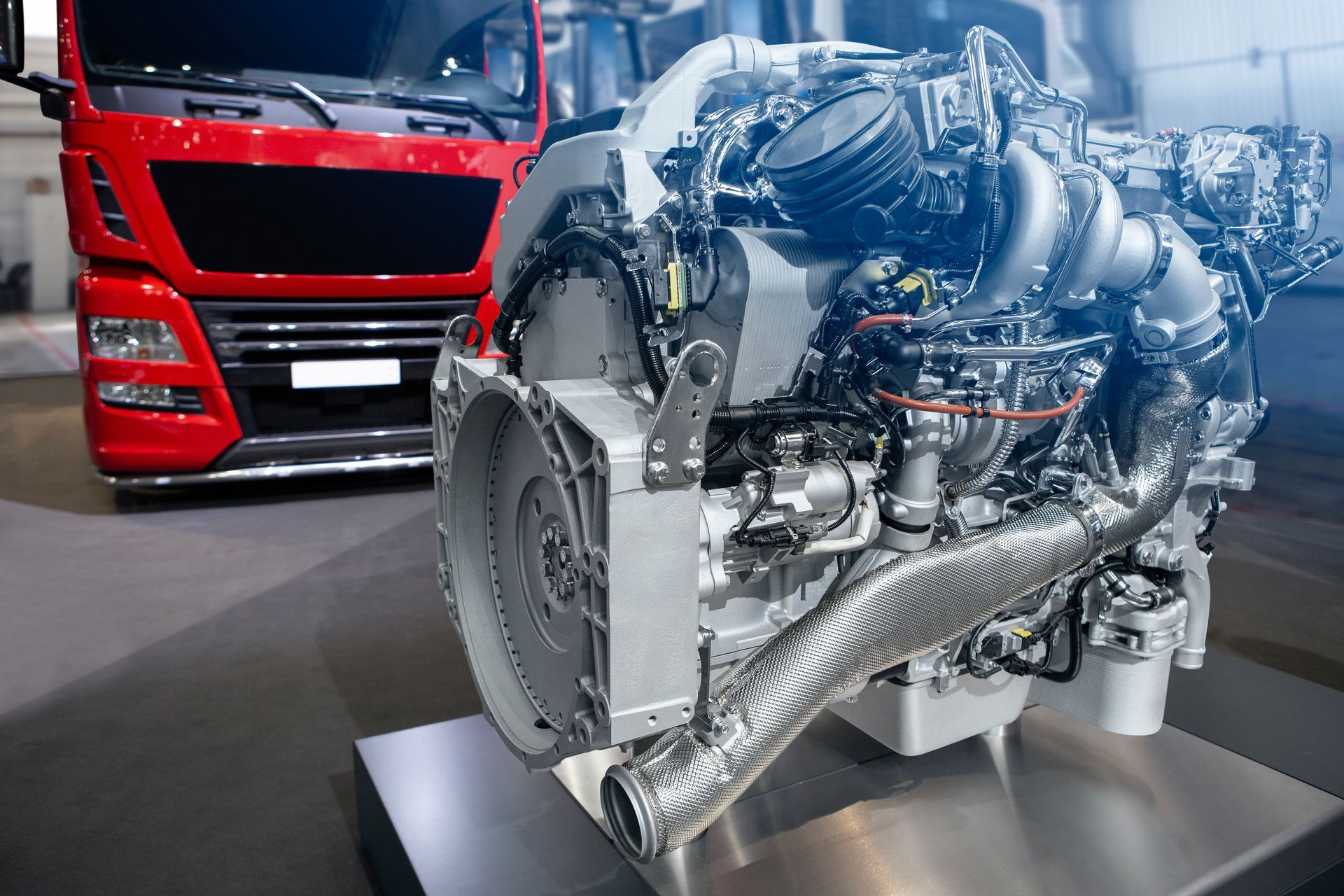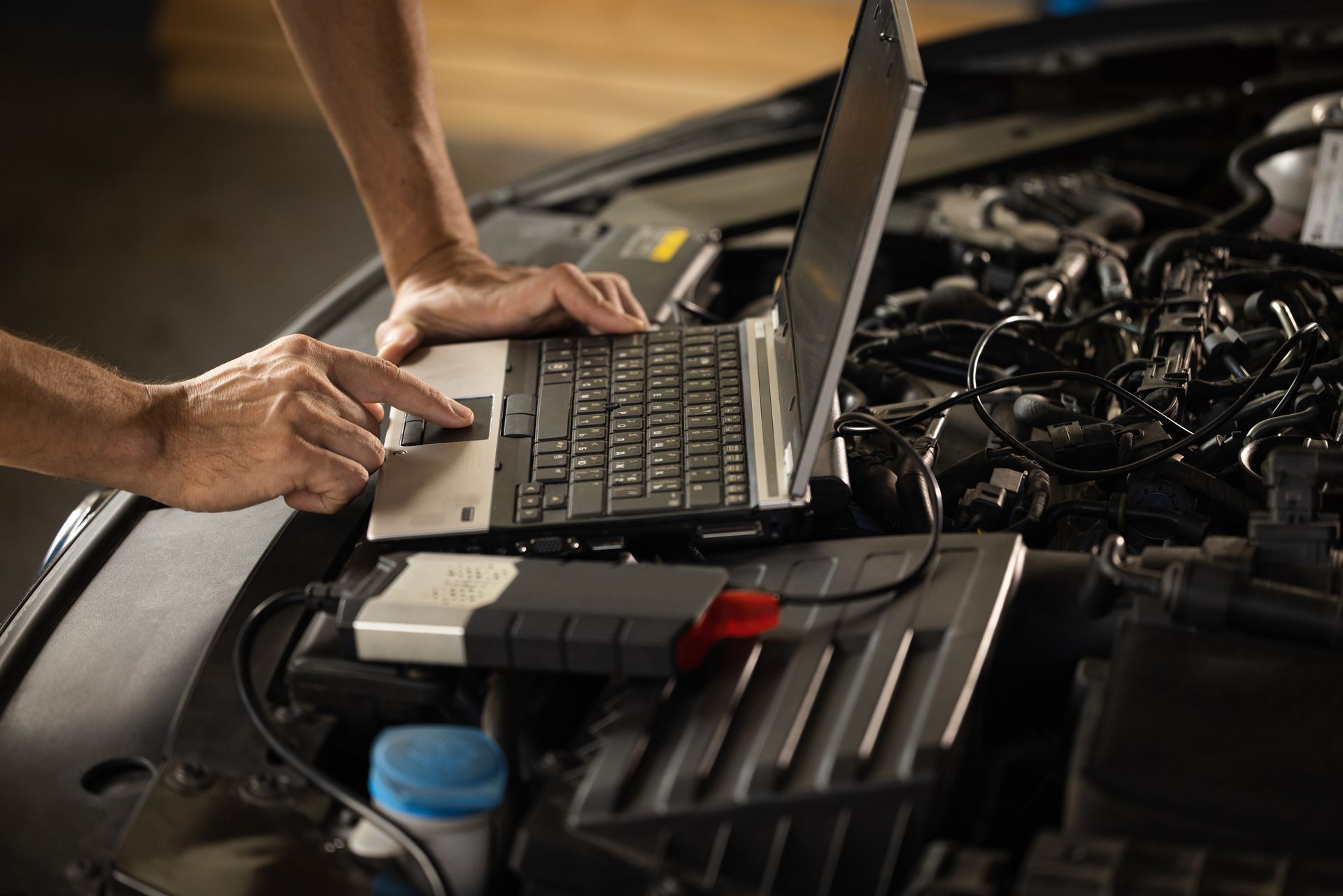Loading ...
Missing business hours data / Error occurred while getting the data.
Loading ...
Missing business hours data / Error occurred while getting the data.
How Does Weather Impact Your Car’s Performance?
January 31, 2025
The weather can be unpredictable, but its impact on your car is consistent. From extreme temperatures to heavy rain, the weather conditions you face can have a significant impact on how your vehicle performs. Whether you’re dealing with sweltering heat or freezing cold, understanding how different weather patterns affect your car is essential to ensuring its longevity and reliability. Let’s see the different ways weather influences your vehicle and how you can protect it from the elements.
The Effects of Heat on Your Vehicle
Hot weather can take a toll on multiple parts of your car. One of the most noticeable issues is battery performance. High temperatures accelerate the evaporation of battery fluid, leading to reduced capacity and, eventually, a dead battery.
The heat can also wreak havoc on your tires. As temperatures rise, the air inside your tires expands, increasing pressure. Overinflated tires are more prone to blowouts, especially during long summer drives. Regularly checking your tire pressure and adjusting it to the manufacturer’s recommendations is key to avoiding this problem.
Extreme heat can cause your engine to overheat if your cooling system isn’t functioning correctly. Low coolant levels, a failing thermostat, or a clogged radiator can all contribute to engine trouble during hot weather. Keeping your cooling system in good condition is essential for preventing breakdowns.
Cold Weather Challenges
Freezing temperatures can be just as problematic for your car. In cold weather, your battery works harder to start the engine, and its capacity is reduced significantly. If your battery is already weak, a drop in temperature might be enough to leave you stranded.
Cold weather also thickens engine oil, making it harder for the engine to turn over. Using the manufacturer-recommended oil viscosity for your climate can help mitigate this issue.
Tires lose pressure in cold conditions, which can lead to reduced fuel efficiency and increased wear. Make it a habit to check tire pressure frequently during winter months.
Rain and Humidity
Rainy weather brings its own set of challenges, primarily related to visibility and traction. Wet roads reduce your tires' ability to grip the surface, increasing the risk of skidding. Worn tires are particularly dangerous in rainy conditions, so ensuring they have sufficient tread depth is critical.
Humidity and rain can also affect your car’s electrical systems. Moisture can seep into electrical components, causing corrosion and potential malfunctions. Regularly inspecting and protecting these components can prevent issues down the line.
How Seasonal Changes Impact Your Car
Seasonal transitions can also affect your vehicle’s performance. For example, spring pollen and debris can clog air filters, reducing engine efficiency and air quality inside the cabin. Autumn leaves can block drainage systems, leading to water accumulation and potential damage.
Preparing your car for each season with regular inspections and maintenance can help you avoid surprises and ensure optimal performance year-round.
Protecting Your Car from Weather Damage
While you can’t control the weather, there are steps you can take to protect your car:
- Park Wisely: Whenever possible, park in a garage or shaded area during extreme heat or heavy rain to minimize exposure to the elements.
- Invest in All-Weather Tires: These tires provide better traction in varying conditions, making them a smart choice for areas with diverse weather patterns.
- Inspect Your Wipers and Lights: Ensure your windshield wipers and headlights are functioning correctly, especially during rainy or foggy conditions.
- Maintain Your Cooling and Heating Systems: Regularly check coolant levels, belts, and hoses to prevent overheating in summer and ensure effective heating in winter.
Professional Maintenance
Weather-related issues often start small but can quickly escalate into costly repairs if left unchecked. Regular inspections by a professional repair shop can help identify potential problems early and keep your car ready for any conditions.
Certified technicians can perform everything from tire checks and battery testing to cooling system flushes and brake inspections. By investing in preventive maintenance, you can save time, money, and headaches in the long run.
Prepare your car for whatever Mother Nature throws your way. At
Riley's Auto & Diesel Repairs in Lacombe, LA,
we offer top-notch services to protect your vehicle from weather damage. Call today to schedule your service!
Loading ...
Missing business hours data / Error occurred while getting the data.

Loading ...
Missing nap lines data / Error occured while getting the data.


